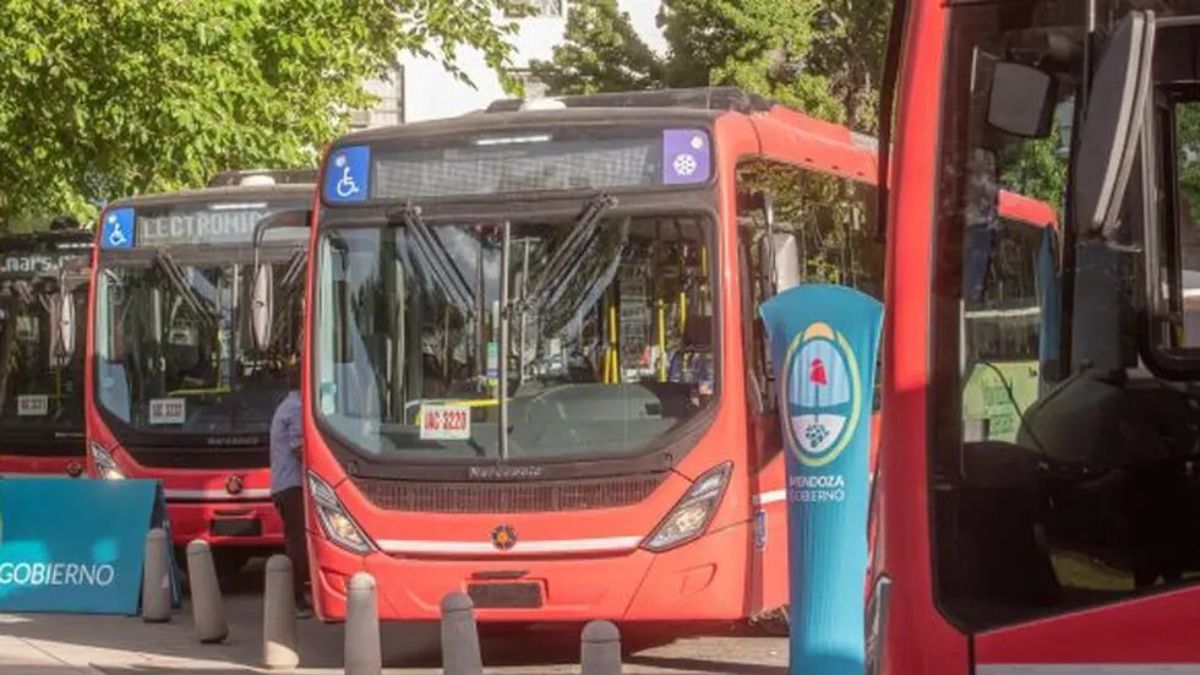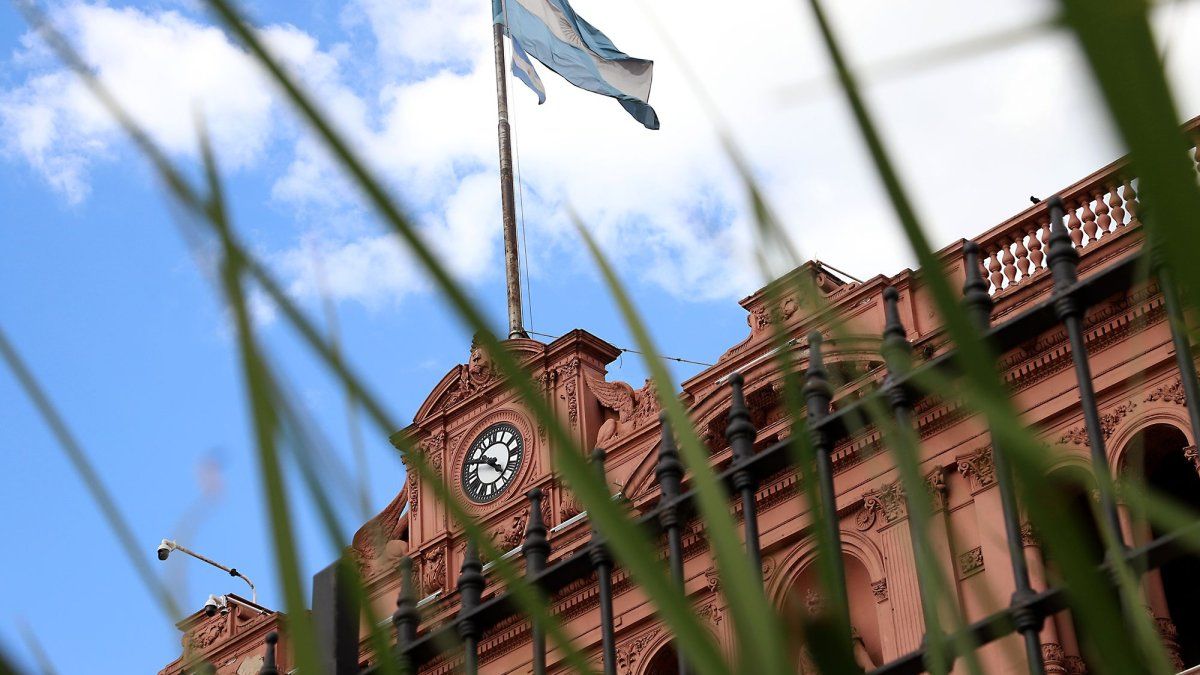The discussion on how to reduce the public spending it is reheated when it has practical implications in daily life. This is what he warned him Federal Transportation Committee (COFETRA) to the Minister of the Interior Guillermo Francos: for the removal of subsidies, The continuity of public transportation around the country is at risk.
The note dates back to February 22 and was written in the city of La Plata. The reference is: Federal claim for the “Compensation Fund for Public Transportation of passengers by urban and suburban automobile in the interior of the country.” “The profitability of the service for companies is at stake here. In small cities, abandoning the concession is being analyzed“, they warn in the Province of Buenos Aires.
Addressed to the Minister, in charge of maintaining negotiations with the provinces, although without checkbook provisionthe body in charge of Osvaldo Miatello required “urgently”, to transfer the resources of the Fund to “not to resent the provision of public passenger transport service nor to aggravate the delicate economic situation that the activity is going through today”.
Along these lines, COFETRA points out that the reduction of the Subsidy Regime and elimination of the Compensation Fund would harm “notoriously” to the passenger transport borrowing companies that “are necessarily supported“with those contributions,”putting at risk the continuity of public service”.
The representative of the Argentine Federation of Passenger Automotive Transporters (FATAP), Fabricio Ruiz, He assured that before the removal of the Compensation Fund, “there were multiple presentations and complaints from companies to demand a more equitable distribution of subsidies, but all requests were ignored in the previous government”.
Now as a result of the Government’s decision, “the crisis is worsening” since “all the costs cannot be transferred to the rates.” Otherwise, “we would have obscene and priceless tickets”. In that sense, he maintains that “it is of no use” to maintain fares at $1,200 in urban buses if passengers “are going to stop using the service and revenue will decrease.” “We do not see a solution immediately, some provinces will be able to solve it and others will not”, he concluded.
It is clear that each municipality, based on the support it receives from its province, goes through and surfs in a different way depending on its financial reality.
According to the Interdisciplinary Institute of Political Economy (IIEP UBA CONICET), the Nation’s participation in the financing of transportation subsidies varies according to each jurisdiction, depending on the subsidies granted at the provincial and municipal level. For example, In Rosario the Compensation Fund represented 27% of the subsidies granted, in Córdoba 28%, in Mendoza 11%, in Salta 15%, in Bariloche it was around 35% and in Río Gallegos it was approximately 40%.
With the removal of the Compensation Fund, for COFETRA the service “would disappear as we know it to this day“, being that for the majority of the signatory provinces it is the only means of public transportation. In turn, they detect that the situation worsens when the ruling party indicates that subsidies will be redirected to demand through SUBE, a system with which “it does not have equipment in all provinces.”
In any case, payments for social attributes, discounted in the rate with SUBE, They barely represented 15% of the subsidies granted by the Nation to interior transportation during 2023 and do not depend on the Compensation Fund.
Municipalities: debts due to non-payment generate losses of up to $3 million daily
The situation is framed and aggravated in a context where the resource execution by the Compensation Fund It had already been delayed since the previous administration. Ariel Ledesma is a manager at CityBus, a transportation company based in Río Grande, Tierra del Fuego. There he maintains the ticket at $ 191.50 from November 1, 2023. He highlights that the company has not received resources from the Compensation Fund since August.
The businessman says that the province is the only one that decided not to subscribe to the agreement to receive the subsidy, something that the municipalities did do. According to Ledesma, the justification is that “It is a question specific to the municipalities.”.
Due to the delays in payments, he warns that in Río Grande they lose “between 2 and 3 million pesos per day”. Meanwhile, the cost of a new bus is $200,000, and a replacement costs $900,000, she exemplified, and there is no cash financing. “The contract is obsolete, the economic and financial equation is broken“, alert.
In Río Gallegos, Santa Cruz, it also operates in the transportation service through the company Angus Catering. The ticket costs $197 as of October 1 of last year. The situation is the same: Only one month of the Compensation Fund was collected. “Between both companies I maintain 300 employees. We are going to a loss and we have not yet signed joint agreements,” says Ledesma.
For now, it supports the companies with the profits from Fuegian activities linked to electronics. But “If it is not resolved with a higher rate or greater contribution, it is unviable”, he assures.
Source: Ambito




